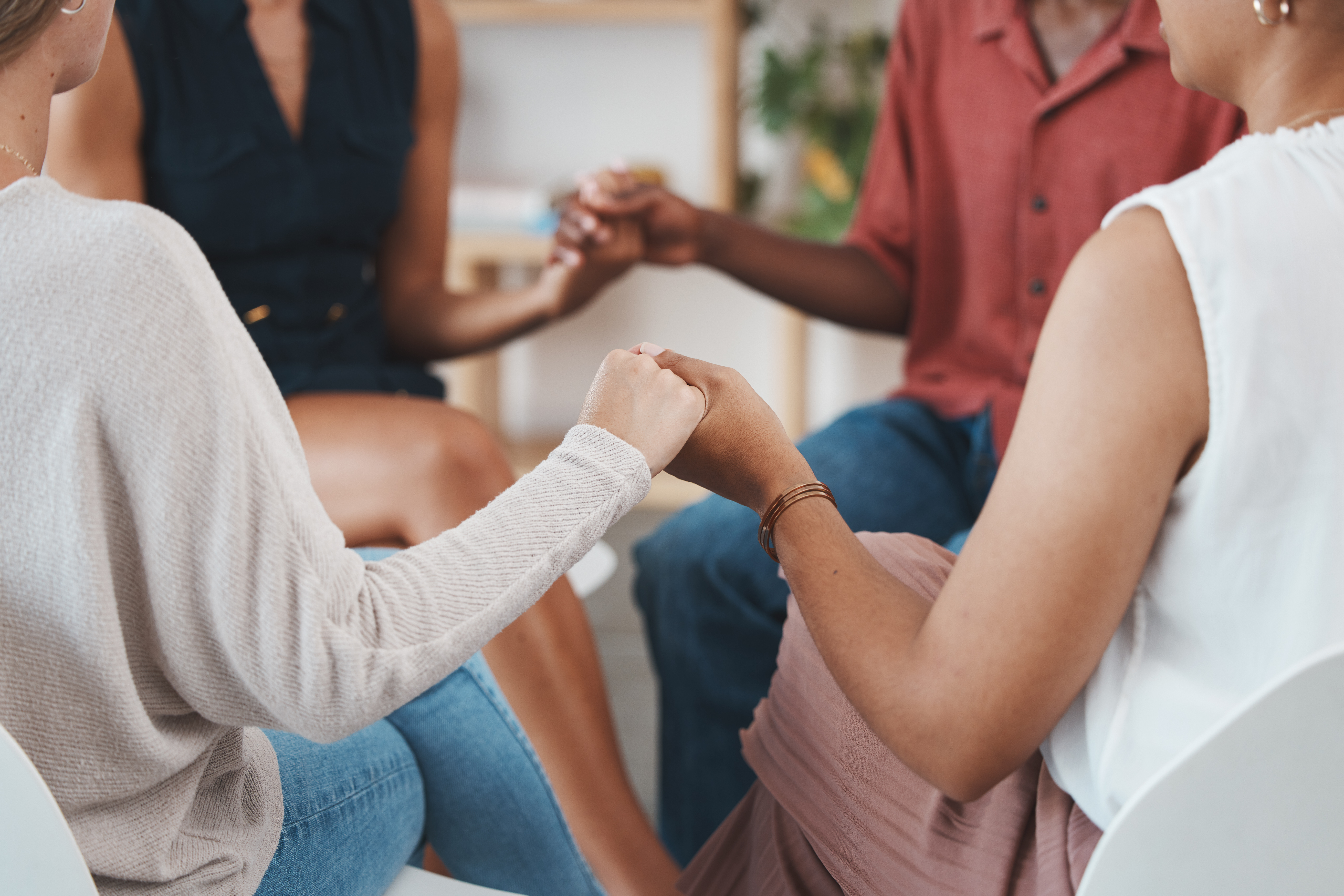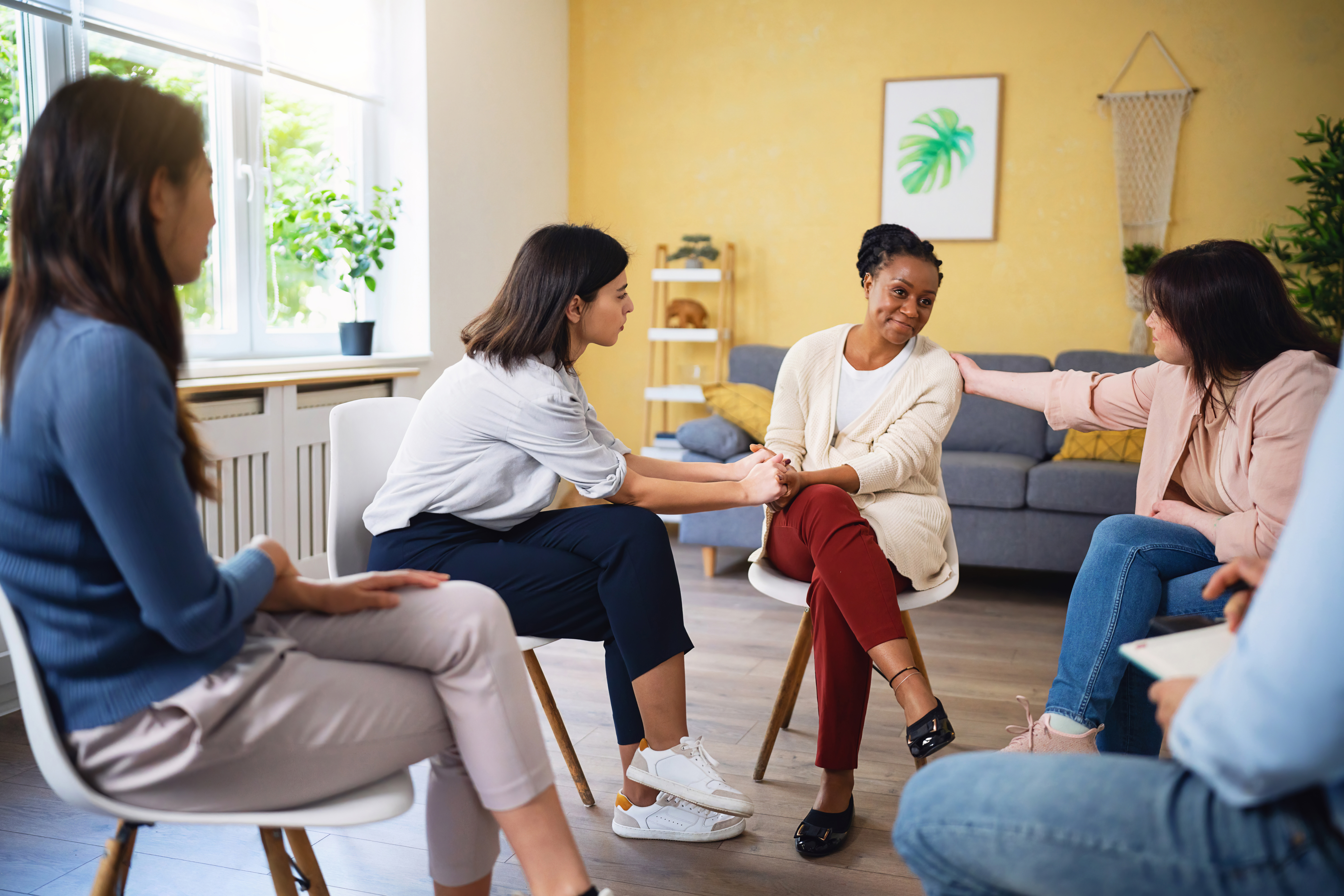
Creating a Circle of Support: Building Community Networks During Cancer Recovery
Creating a Circle of Support: Building Community Networks During Cancer Recovery
Facing cancer can feel isolating, like you’re carrying a heavy weight all alone. Yet, building strong community networks can lighten that load, offering real cancer support through shared stories and caring connections. In this post, you’ll learn how these support groups become a lifeline, boosting emotional resilience and nurturing mind-body wellness during cancer recovery. Join us as we explore how creating your own circle of support can make all the difference. For more insights, check out this source.## The Power of Community Networks

Finding Your Support Group
When you're on a cancer journey, finding a support group can be a game changer. These groups offer a safe space where you can connect with others who truly understand what you're going through. They become a sanctuary where shared experiences make heavy burdens a little lighter. You might be wondering where to start. Begin by reaching out to local hospitals or community centers; they often have listings of nearby groups. Online platforms are another great option, offering access to support from the comfort of your home.
Although joining a group might feel intimidating at first, remember that everyone there once felt the same way. It’s about taking that first step towards connection. In these groups, real bonds form, and you discover you're not alone. This sense of belonging is powerful and can play a crucial role in your cancer recovery.
Sharing Stories for Healing
Sharing your story is more than just talking; it’s a healing process. By opening up about your journey, you're not only helping yourself but also others who might be struggling silently. Storytelling within these groups can foster a deep sense of understanding and empathy. It’s a reminder that everyone is fighting their own battles, yet together, you're stronger.
Listening to others can also provide new perspectives and coping strategies. When someone shares their experience, it might resonate with yours, offering comfort and validation. Consider this powerful quote from a fellow survivor: "Hearing others talk about their ups and downs gave me hope and courage I didn't know I had." Through shared experiences, you can find strength and solace.
Boosting Emotional Resilience

The Role of Shared Experiences
Shared experiences are like threads weaving a tapestry of support. They play a key role in fostering emotional resilience. When you hear stories similar to your own, it reinforces that it's okay to feel what you're feeling. This connection can be incredibly comforting, reducing feelings of isolation. It's said that 70% of patients find strength in shared stories, highlighting their importance in emotional recovery.
By engaging in these shared experiences, you're actively building your resilience. It's like having a toolbox filled with strategies to handle emotional challenges. You’ll find that over time, what once felt overwhelming becomes more manageable. The key insight is that resilience isn't about having all the answers but knowing you're not alone in seeking them.
Mind-Body Wellness Through Connection
Mind-body wellness thrives on connection. Engaging with others provides emotional support, which in turn can boost physical health. Studies show a strong link between emotional well-being and recovery outcomes. When you feel supported, your stress levels decrease, and your overall health improves. This connection is about nurturing both mind and body, creating a holistic approach to healing.
Participating in these networks can lead to improvements in sleep, mood, and even pain management. It's about creating a balance that supports recovery on all fronts. The longer you wait to embrace these connections, the more you miss out on potential benefits. Building these relationships becomes a vital part of your holistic cancer care.
Creating Your Circle of Support

Steps to Build Your Network
Creating your own support network doesn't have to be daunting. Here are some simple steps to get you started:
Identify Your Needs: Know what type of support you need, whether it’s emotional, practical, or informational.
Reach Out: Contact local organizations, hospitals, or online forums.
Be Open: Approach these groups with an open mind and heart.
Engage Regularly: Consistency is key. Make a commitment to attend meetings or online sessions.
Remember, building a network takes time, but each step brings you closer to a supportive community that understands and cares.
Resources for Cancer Support 🤗
The internet is filled with valuable resources for cancer support. Websites like Cancer Patient Lab and Dr. Brian Harkins' articles offer insights into building resilience and community engagement. Additionally, research studies available on platforms like PMC provide evidence-based strategies for nurturing mind-body wellness.
Utilizing these resources can empower you to create a robust support network tailored to your unique needs. Don't hesitate to explore these options; they are there to help you navigate this journey with confidence and hope. Building your circle of support is an ongoing process, but every connection made is a step toward healing and recovery.







